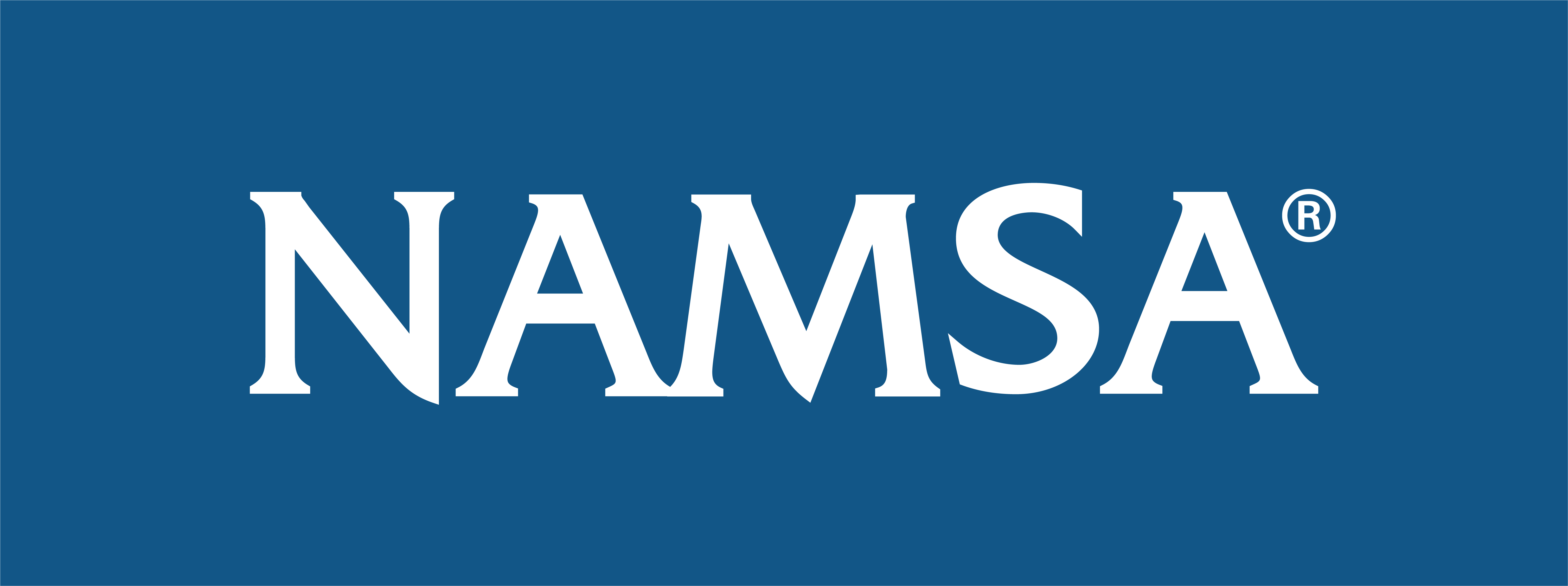FDA Releases “Transparency of Machine Learning – Enabled Medical Devices: Guiding Principles”
On June 13, 2024, the FDA, Health Canada, and the MHRA jointly published the “Transparency for Machine Learning-Enabled Medical Devices: Guiding Principles | FDA.” This new publication has further identified guiding principles for transparency for machine-leaning -enabled medical devices (MLMDs)
